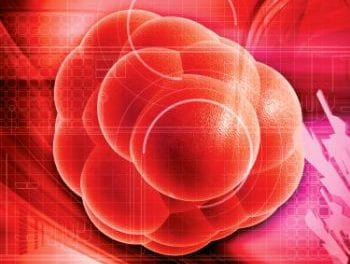The hormones alpha-Klotho and beta-Klotho were named after one of three Greek “fates”: Clotho, a goddess who lays out the thread of life, the length of which is determined by her two sisters. They’re often called “anti-aging” hormones because of their reputed role in regulating metabolism and longevity. Now two separate studies are unlocking the structure and function of Klotho proteins—and shedding new light on their true role in age-related disorders like heart disease.
Researchers led by New York University School of Medicine studied the structure of alpha-Klotho and a related protein, fibroblast growth factor 23 (FGF23). They were inspired by 20-year-old studies showing that mice engineered to lack either protein suffered prematurely from diseases of aging, according to a statement from the university.The anti-aging effects were initially attributed to alpha-Klotho, but the NYU team determined that it’s actually FGF23 that’s modulating the aging process, and that alpha-Klotho is merely facilitating FGF23 signaling. Their discoveries were published in the journal Nature.
Click here to view original web page at www.fiercebiotech.com



